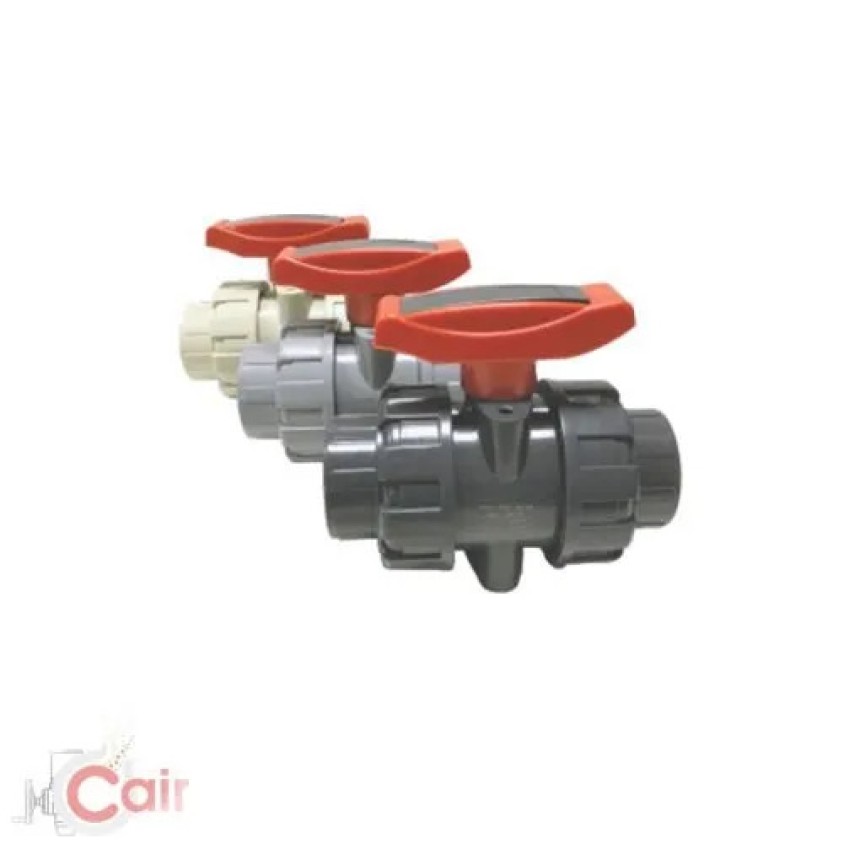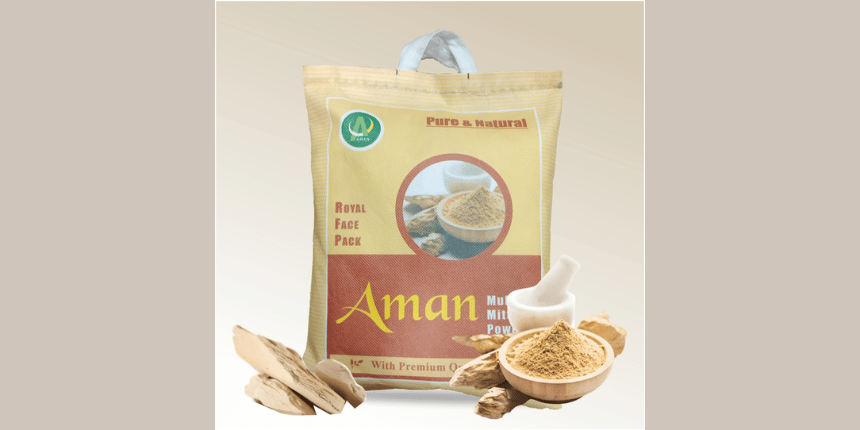
UPVC Valve: A Comprehensive Guide to Understanding its Benefits and Applications
Understanding UPVC Valves
UPVC valves are essential devices used for controlling the flow of fluids in a wide range of industrial and residential applications. They are designed to provide reliable shut-off and regulate the flow rate within a piping system. UPVC, also known as rigid PVC, is a durable and chemically resistant material that makes it an excellent choice for valve construction.
Types of UPVC Valves
- Ball Valves: One of the most common types of UPVC valves is the ball valve. It features a hollow, perforated, and pivoting ball that controls the flow of fluids. Ball valves provide excellent sealing capabilities and are suitable for both on/off and throttling applications.
- Butterfly Valves: Butterfly valves utilize a disc-shaped closure element, which rotates within the valve body to regulate the fluid flow. These valves are compact, lightweight, and have a quick shut-off capability. They are commonly used in applications that require a large flow capacity.
- Check Valves: Check valves, also known as non-return valves, allow fluid to flow in one direction and prevent backflow. They are crucial in systems where the reversal of flow could cause damage or disruption. Check valves are available in different designs, such as swing, wafer, and spring-loaded.
- Gate Valves: Gate valves are primarily used for full flow control, where a straight-through path is required. They feature a sliding gate or wedge-shaped disk that lowers or lifts to regulate the fluid flow. Gate valves are commonly found in applications that require a low pressure drop.
- Globe Valves: Globe valves offer precise flow control by using a movable plug and a stationary ring seat. These valves are suitable for applications that require fine-tuning and throttling. They provide good shutoff capabilities and are commonly used in industries such as water treatment and HVAC.
Advantages of UPVC Valves
UPVC valves offer numerous advantages over other materials, making them a popular choice in various industries. Some key benefits include:
- Corrosion Resistance: UPVC valves are highly resistant to corrosion, even in harsh chemical environments. They can withstand exposure to acids, alkalis, and other corrosive substances, ensuring long-term performance and reliability.
- Chemical Compatibility: UPVC valves exhibit excellent chemical compatibility, making them suitable for a wide range of fluids. They are resistant to many chemicals, including acids, bases, salts, and solvents, which makes them versatile for different applications.
- Cost-Effectiveness: Compared to valves made from materials like stainless steel or exotic alloys, UPVC valves offer a cost-effective solution without compromising on performance. They are relatively affordable, making them ideal for budget-conscious projects.
- Easy Installation and Maintenance: UPVC valves are lightweight, easy to handle, and require minimal installation effort. They often feature simple designs and fewer components, simplifying the installation process. Additionally, their low friction coefficient reduces the need for frequent maintenance.
- Durability and Longevity: UPVC valves have a long lifespan, thanks to the inherent durability of UPVC material. They are resistant to wear, abrasion, and impact, ensuring reliable operation over an extended period. This durability makes them a valuable investment for various applications.
Applications of UPVC Valves
UPVC valves find applications in a wide range of industries and systems. Some common areas of application include:
- Water Treatment Plants: UPVC valves are extensively used in water treatment plants for regulating water flow, controlling chemical dosing, and managing filtration processes. Their corrosion resistance and chemical compatibility make them suitable for handling different water treatment chemicals.
- Chemical Processing: In the chemical processing industry, UPVC valves play a vital role in controlling the flow of chemicals, acids, and corrosive substances. They provide a reliable and cost-effective solution for managing fluid transfer, mixing, and distribution.
- Irrigation Systems: UPVC valves are widely employed in irrigation systems to regulate water flow, control pressure, and manage the distribution of water to crops or landscaping areas. They offer excellent resistance to chemicals found in fertilizers and pesticides commonly used in agriculture.
- HVAC Systems: Heating, ventilation, and air conditioning (HVAC) systems rely on UPVC valves for controlling the flow of fluids, such as chilled water, hot water, and refrigerants. Their durability, corrosion resistance, and thermal properties make them suitable for various HVAC applications.
- Plumbing Systems: In residential and commercial plumbing systems, UPVC valves are commonly used for controlling the flow of water, including shut-off valves, pressure-reducing valves, and mixing valves. Their chemical resistance and ease of installation make them ideal for plumbing applications.
Factors to Consider When Choosing UPVC Valves
When selecting UPVC valves for a specific application, several factors should be taken into account:
- Pressure and Temperature Ratings: Ensure that the chosen UPVC valves can withstand the operating pressure and temperature range of the system. It is crucial to select valves with appropriate pressure and temperature ratings to ensure reliable and safe operation.
- Valve Size and Flow Capacity: Consider the required flow capacity and select the valve size accordingly. Oversized or undersized valves can lead to inefficiencies and compromise system performance. Choosing the right valve size is essential to maintain proper flow control.
- End Connections: Evaluate the compatibility of the valve's end connections with the existing piping system. Common end connection options include solvent cement sockets, threaded connections, or flanged ends. Ensure a proper fit to avoid leakage or compatibility issues.
- Actuation Options: Determine whether the application requires manual or automated actuation. UPVC valves can be operated manually with a handle or lever, or they can be equipped with actuators for remote control and automation. Choose the appropriate actuation option based on system requirements.
- Compliance with Industry Standards: Verify that the selected UPVC valves comply with relevant industry standards and certifications. Compliance ensures that the valves meet quality and performance requirements, providing peace of mind and reliability.
Installation and Maintenance of UPVC Valves
Proper installation and regular maintenance are crucial for the optimal performance and longevity of UPVC valves. Follow these guidelines for installation and maintenance:
- Pre-Installation Checks: Before installation, inspect the valve for any visible damage or defects. Ensure that the valve is suitable for the intended application and that all necessary accessories, such as gaskets or seals, are available.
- Proper Installation Techniques: Follow the manufacturer's instructions for installing the UPVC valve correctly. Pay attention to proper alignment, tightening torque, and sealing to prevent leakage. Use appropriate tools and techniques to ensure a secure and reliable installation.
- Routine Maintenance Procedures: Implement a routine maintenance schedule to keep UPVC valves in optimal condition. This includes periodic inspections, cleaning, lubrication (if applicable), and checking for any signs of wear or damage. Replace worn-out or damaged components promptly to avoid potential issues.
Common Issues and Troubleshooting Tips
Despite their dependability, UPVC valves may have some problems with time. Here are some common problems and troubleshooting tips:
- Leakage: If a UPVC valve is leaking, check the seals, gaskets, or O-rings for damage or wear. Tighten the valve connections if necessary, or replace the faulty seals to ensure a proper seal.
- Blockages: Blockages can occur due to debris or foreign objects obstructing the valve's flow path. Regularly inspect the valve and clean it if any blockages are found. Consider installing strainers or filters upstream to prevent debris from entering the valve.
- Valve Sticking: If a UPVC valve becomes stuck and is difficult to operate, check for any debris, corrosion, or damage to the valve internals. Clean or repair the valve as needed, ensuring smooth operation.
- Malfunctioning Actuators: For UPVC valves equipped with actuators, troubleshoot any issues with the actuation mechanism. Check for power supply problems, damaged wiring, or misalignment. Consult the actuator manufacturer's documentation for specific troubleshooting steps.
- Valve Failure: In the event of complete valve failure, it may be necessary to replace the valve entirely. Valve failure can result from severe damage, wear beyond repair, or incorrect valve selection for the application. Ensure that the replacement valve meets the system's requirements.
Conclusion
UPVC valves offer a range of benefits and find extensive applications across various industries. Their corrosion resistance, chemical compatibility, cost-effectiveness, and durability make them a reliable choice for fluid flow control. By understanding the types, advantages, and proper usage of UPVC valves, you can select the right valve for your specific needs and ensure efficient system operation.
Need help in growing your business? If you care for your business and want to see it at the top like them, you can contact Grow Media Digital. Grow Media Digital is a one-stop solution for every digital need. For More Details, Visit Our Official Website: https://www.growmedia.digital/
Is ServiceNow a tool or an advancement?
ServiceNow is extensively utilized to set up systems that describe, handle, automate, and...




